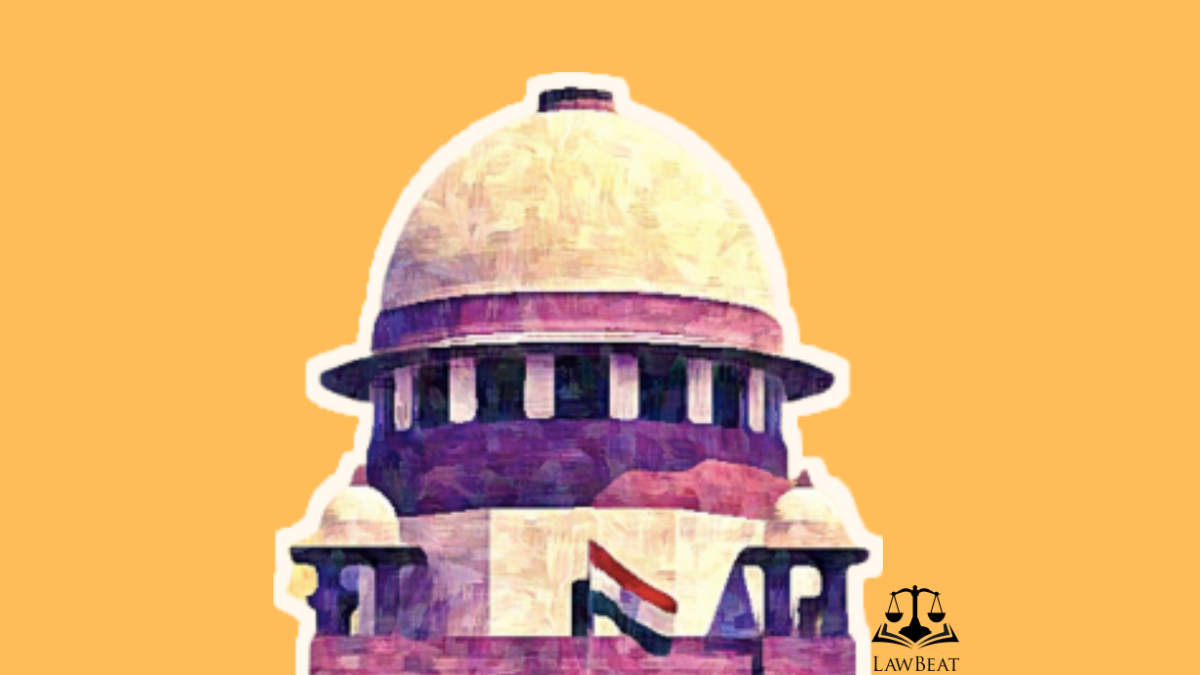PIL in Supreme Court seeks doubling judges' strength to bring down pendency

The PIL seeks Court directions to Centre and States for implementation of recommendations of the Law Commission Report and take other appropriate steps in order to "dispose off the backlog in three years time frame", as the "Courts are custodians of the Constitution"
A Public Interest Litigation (PIL) has been filed in the Supreme Court, seeking “doubling” of the number of judges in High Courts and Subordinate Courts. Inter alia, it seeks implementation of a “Judicial Charter” to decide the cases including cases before lower courts within 3 years.
The petition filed Advocate Ashwini Upadhyay, says that a Judicial Charter sought to be implemented, is not only necessary to secure right to speedy justice but is also essential to control corruption, crime, casteism, communialism, regionalism, linguism, separtaism, terrorism and fundamentalism. Further the petition states that the Indian Judiciary is suffering due to low man-power, as the number of judges per million population is less than 20.
It also highlights the statistics and number on the pendency of cases before various courts in hierarchy. "Lacs of cases are pending before Tehsildar, SDM, ADM, CO, SOC, DDC for over 10 years on settled questions of law. People commit suicide when the cases remain pending for very long time, not to mention the mess they leave behind", the plea reads.
The plea further enumerates instances where cases have been given more than 400 dates but not justice, and stated that such incidences are not only against the spirit of the constitution but also are inhumane.
The PIL further lays emphasis on the importance of Judiciary that it plays in an individual's life. The petition stipulates three reasons for the pendency and the time that a case takes to reach to a conclusion: (i) lack of judicial infrastructure (ii) archaic laws/provisions of CPC-CrPC (iii) cunning lawyers and incompetent and inexperienced judges and judicial staff. And, therefore it even seeks to amend the provisions of IPC, CPC, CrpC which the petition refers to as 'archaic', to avoid the consumption of time.
The cause of action accrued on 25-10-2009 when the centre had promised to reduce pendency of cases from 15 years to 3 years but did nothing to implement the recommendations proposed by Law Commission of India reports, says the petition.
